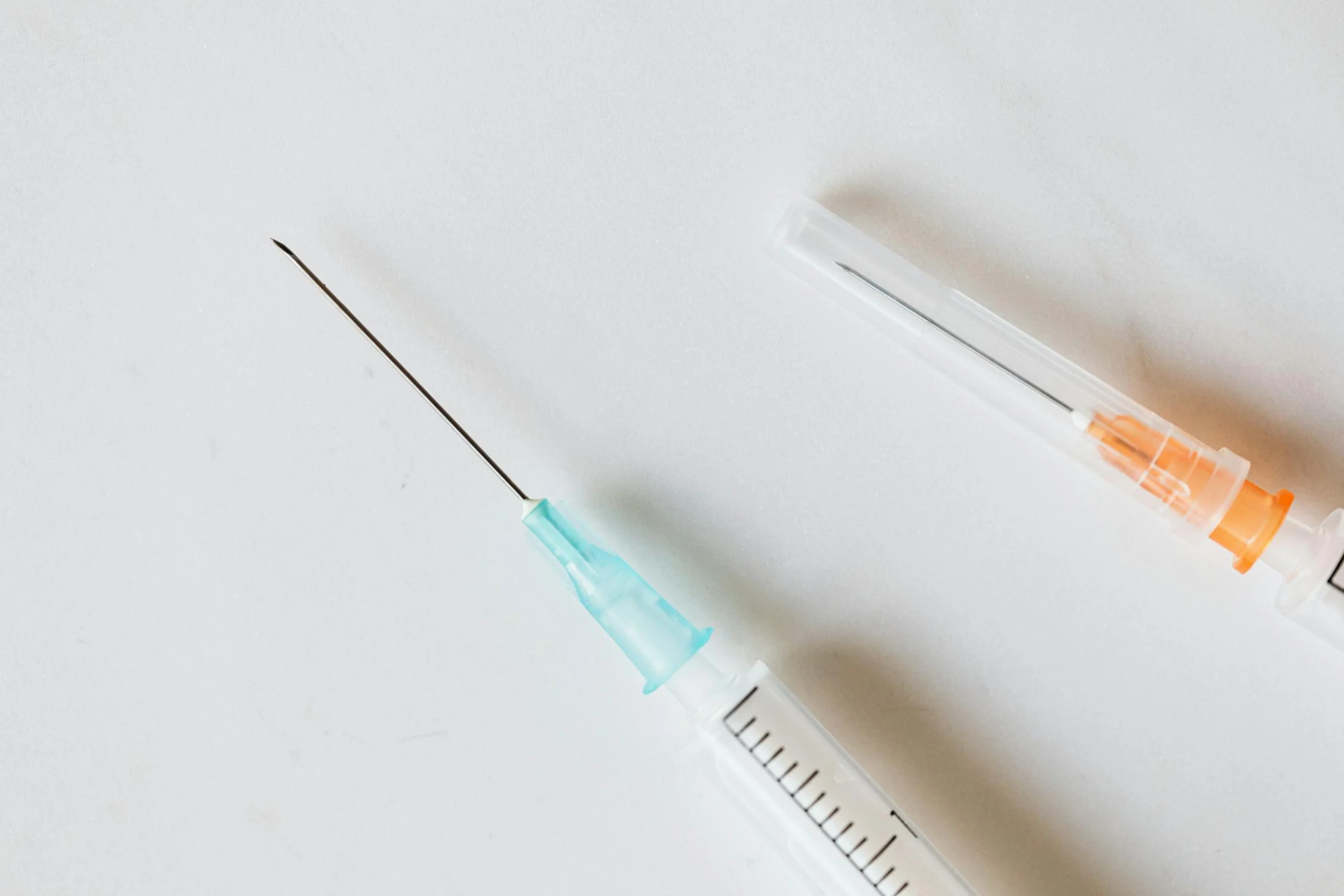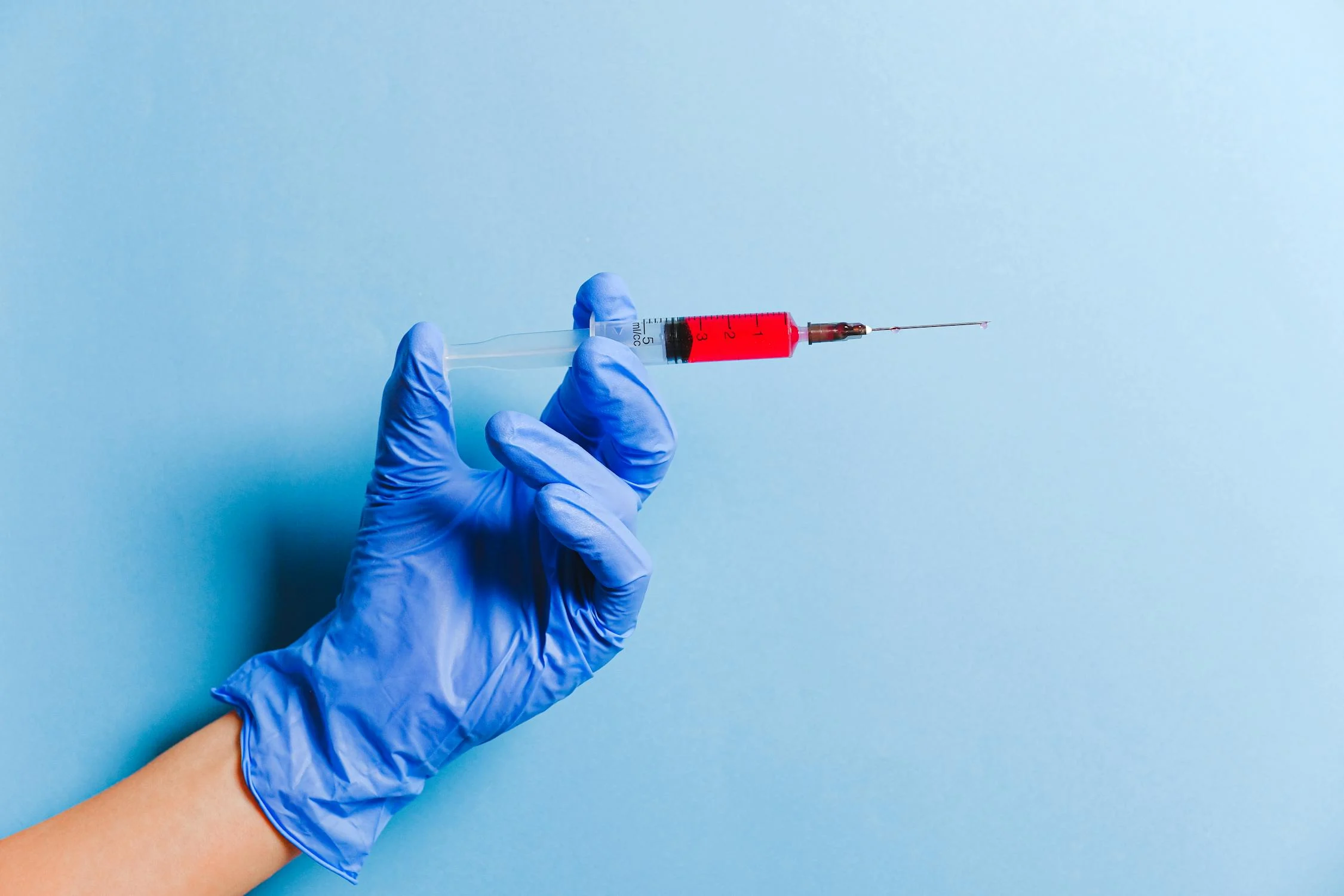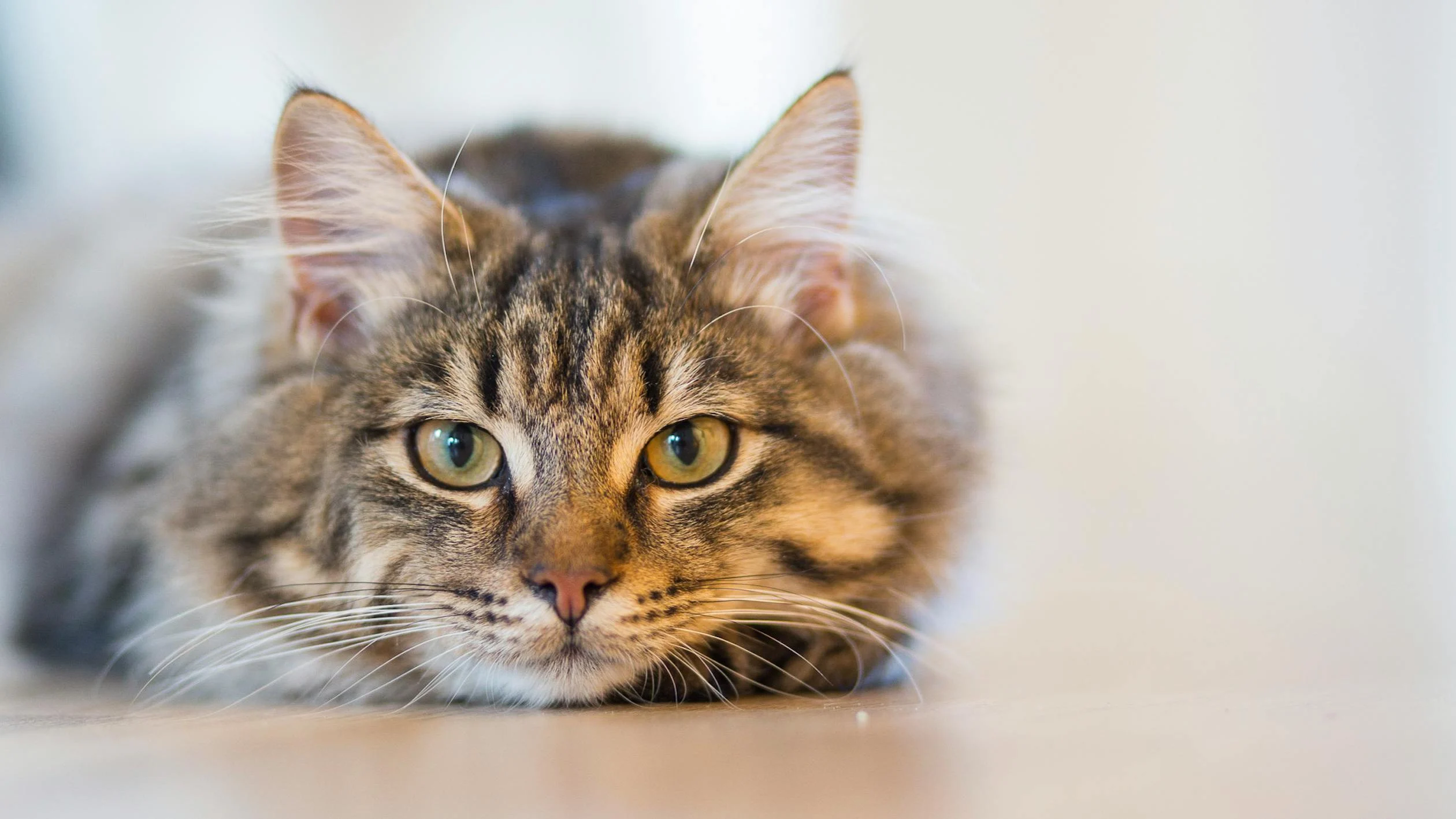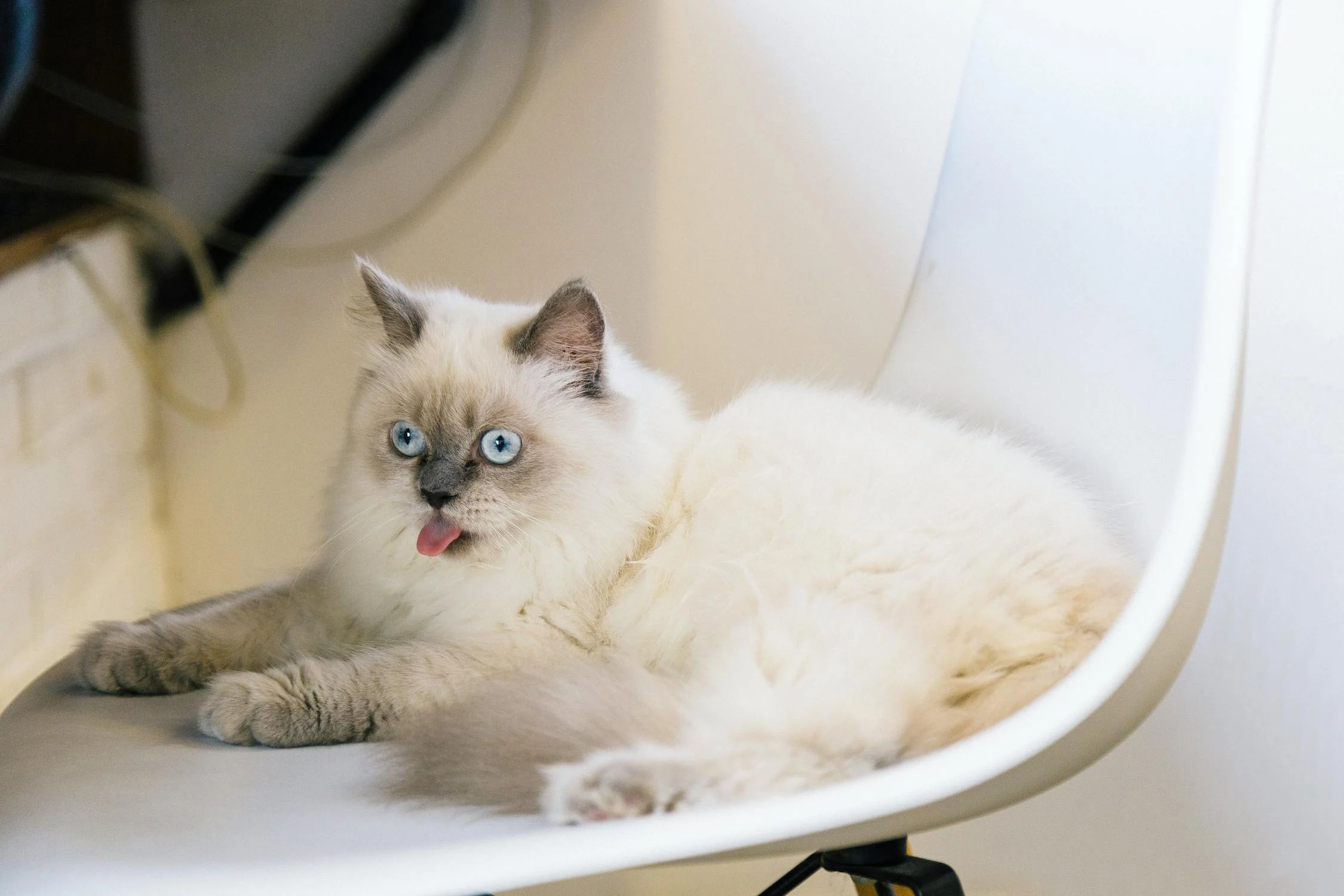-
Dogs & Puppies
-
Cats & Kittens
-
Other Pets
-
Shelters & Rescues
-
Guides & Resources

Vaccinations are a crucial aspect of keeping your pet cat healthy and safe from various infectious diseases. Just like in humans, vaccines help build immunity and protect against potentially serious illnesses. Here’s a guide to the essential vaccines your cat may need:

1. Feline Herpesvirus (FHV-1) and Feline Calicivirus (FCV)
- These viruses are responsible for upper respiratory infections in cats. FHV-1 can cause severe respiratory issues and eye problems, while FCV can lead to oral ulcers and respiratory symptoms. A combination vaccine that protects against both is often given.
2. Feline Panleukopenia Virus (FPV)
- Also known as feline distemper, FPV is a highly contagious virus that affects the gastrointestinal tract, causing severe vomiting, diarrhea, and dehydration. It has a high mortality rate, so vaccination is critical.
3. Feline Leukemia Virus (FeLV)
- FeLV is a retrovirus that can lead to leukemia, lymphoma, and other serious health problems. It is transmitted through close contact with infected cats. Vaccination is particularly recommended for cats that go outdoors or live with other cats.
4. Feline Immunodeficiency Virus (FIV)
- FIV is another retrovirus that weakens the immune system, making cats more susceptible to other infections. It's typically recommended for cats at risk of exposure, such as those who fight with other cats or live in multi-cat households.

1. Chlamydophila felis
- This vaccine helps protect against a bacterial infection that can cause conjunctivitis (eye inflammation) and respiratory issues. It’s usually recommended for cats in multi-cat environments where the infection is more likely to spread.
2. Bordetella bronchiseptica
- Bordetella is a bacteria that can cause respiratory infections in cats, particularly those in high-density settings like shelters or boarding facilities. While not always necessary, it may be recommended in certain situations.

Kittens typically start their vaccination series around 6-8 weeks of age, with boosters given every 3-4 weeks until they are about 16 weeks old. After the initial series, booster shots are usually administered annually or every three years, depending on the vaccine and the cat’s risk factors.

Vaccinations are a key component of preventive care for your pet cat. Regular check-ups with your veterinarian will help determine the appropriate vaccination schedule and ensure your cat stays protected against common diseases. Always consult with your vet to tailor the vaccination plan to your cat's specific needs and lifestyle.